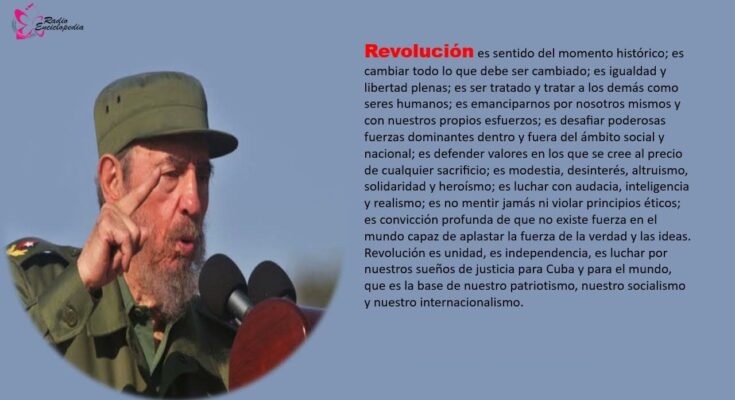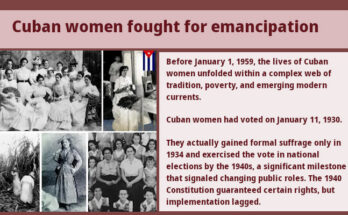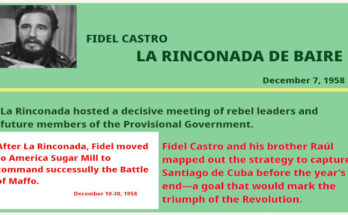When talking about the history of Cuba, especially the stages of the neocolony and its subsequent emancipation, it is common to hear “Revolution”. This term serves to illustrate the popular struggles that arose in those years throughout the country, and how they led to the liberation of Cubans from an oppressive government. The word in question, although widely used in this context, sometimes tends to lose its true meaning.
It was for this reason that, on such a timely date as International Workers’ Day in 2000, Fidel Castro unveiled a new idea of what Revolution means. It was not a customary discourse on freedom and justice, but a series of guidelines to be taken into account for the definitive development of the social project that Cuba defends.
In his concept, Fidel affirmed that “Revolution is a sense of the historical moment”; a key point, undoubtedly, to understand the reality of Cuba at any date. Today, 25 years after this intervention, Cuba’s historical moment is quite complex, marked by material shortages, economic war and a great number of adversities that weigh on the daily lives of all the people.
And this is precisely the occasion to adhere to Fidel’s call to make changes whenever necessary, to maintain morality as the standard of the homeland, to pursue the truth, to stand up for ourselves, to accept the strength of our ideas.
Revolution, a word that etymologically denotes a turn, a violent change, that evokes effort, dynamism; Revolution, a word that implies for Cuba the right to its sovereignty, a reminder of what remains to be fought for, in favor of our homeland. The concept of 25 years ago is still in force for the present times.
Written by Yadila Mesa Chacón, Journalism student.




